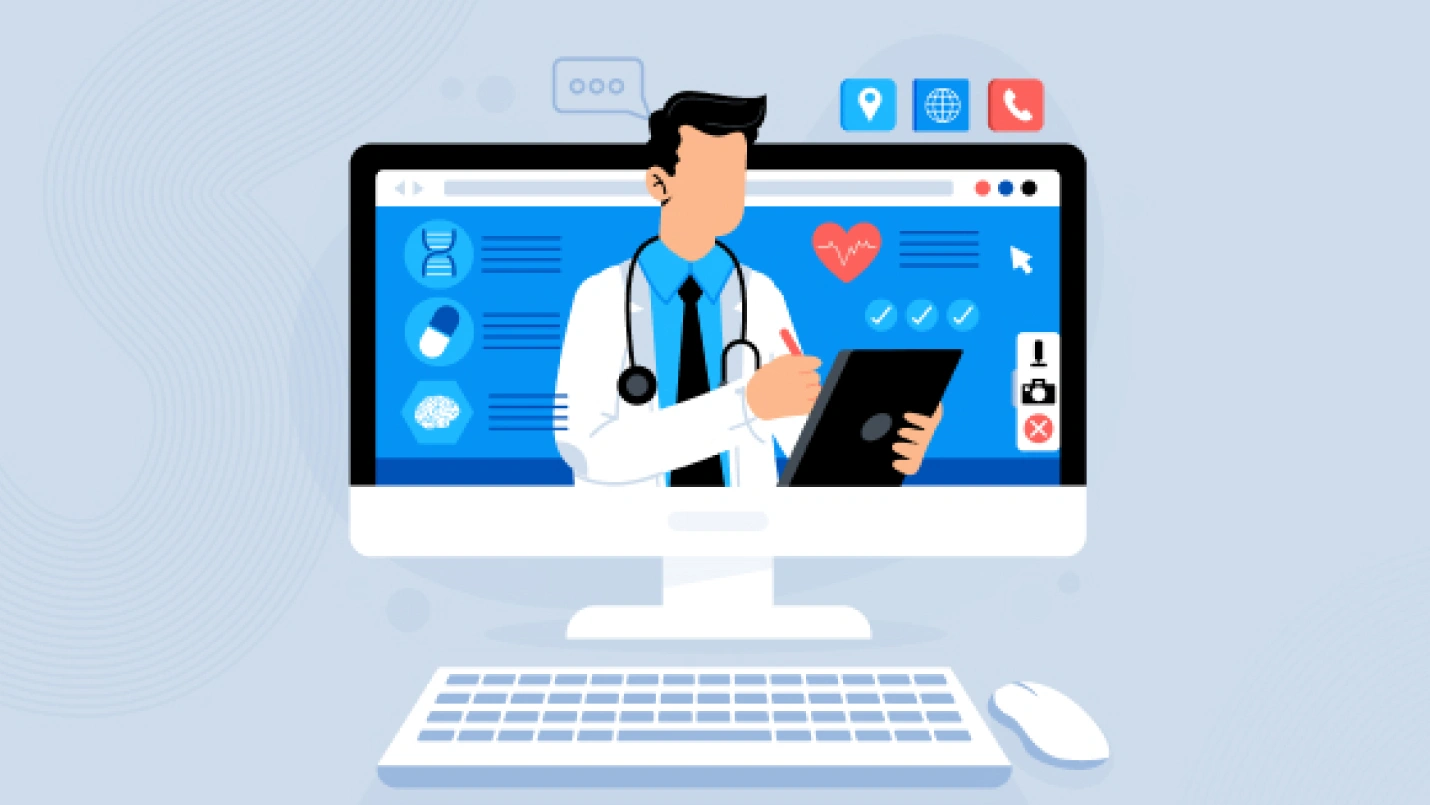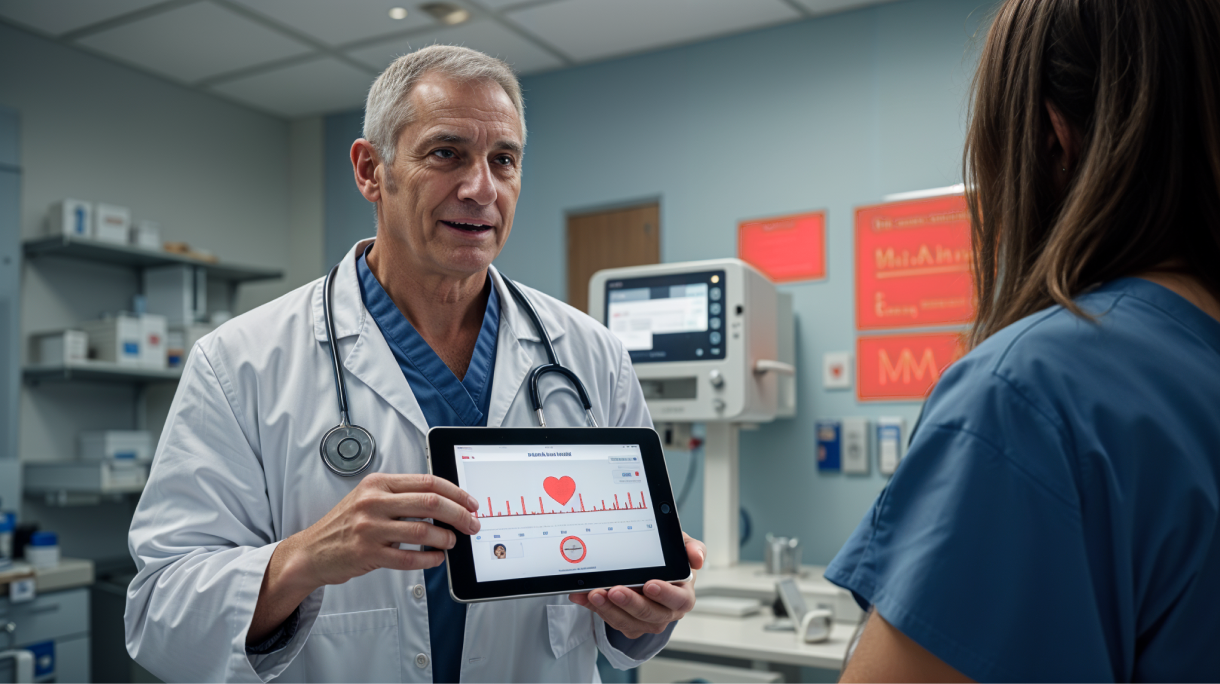
Revolutionizing Patient Care with AI-Powered Diagnostics and Treatment
The advantages of ai in healthcare are becoming increasingly evident as hospitals and medical facilities worldwide embrace this transformative technology. Artificial Intelligence is revolutionizing the way healthcare professionals diagnose conditions, plan treatments, and manage patient care. One of the most significant benefits is the enhanced accuracy and speed of medical diagnostics. AI algorithms, trained on vast datasets of medical images and patient records, can detect subtle abnormalities in X-rays, MRIs, and CT scans with remarkable precision. This capability not only improves the accuracy of diagnoses but also enables earlier detection of diseases, potentially saving lives through timely interventions. Moreover, AI-powered systems can analyze a patient’s medical history, genetic information, and lifestyle factors to predict health risks and recommend personalized prevention strategies, shifting the focus from reactive to proactive healthcare.
Streamlining Administrative Tasks and Reducing Operational Costs
Beyond clinical applications, AI is transforming the administrative side of healthcare, offering significant advantages in terms of efficiency and cost reduction. Natural Language Processing (NLP) and Machine Learning algorithms are being deployed to automate time-consuming tasks such as medical coding, billing, and appointment scheduling. These AI-driven systems can process vast amounts of unstructured data from medical records, reducing errors and improving the accuracy of administrative processes. By automating these routine tasks, hospitals can reallocate human resources to more complex, patient-centered activities, ultimately improving the quality of care while reducing operational costs. Additionally, AI-powered predictive analytics can help hospitals optimize resource allocation, manage inventory more effectively, and forecast patient admission rates, leading to more efficient operations and significant cost savings.
Enhancing Patient Engagement and Improving Healthcare Accessibility
One of the often-overlooked advantages of ai in healthcare is its potential to enhance patient engagement and improve access to medical services. AI-powered chatbots and virtual assistants are being used to provide 24/7 support to patients, answering basic health queries, scheduling appointments, and even offering preliminary symptom assessment. These tools not only improve patient satisfaction by providing immediate assistance but also help to triage patients more effectively, ensuring that those with urgent needs receive prompt attention. Furthermore, AI-enabled telemedicine platforms are expanding access to healthcare services, particularly in remote or underserved areas. By leveraging AI for initial consultations and follow-ups, healthcare providers can reach a broader patient base, reduce the burden on physical healthcare facilities, and potentially lower the cost of care delivery.
Accelerating Drug Discovery and Development Processes
The pharmaceutical industry is reaping significant benefits from AI, particularly in the realm of drug discovery and development. AI algorithms can analyze vast databases of molecular structures, clinical trial data, and scientific literature to identify potential drug candidates and predict their efficacy and safety profiles. This approach dramatically reduces the time and cost associated with traditional drug discovery methods, which often involve years of trial and error. Moreover, AI is being used to design and optimize clinical trials, identifying suitable patient populations and predicting potential outcomes. By streamlining the drug development pipeline, AI is helping to bring new treatments to market faster and more cost-effectively, potentially saving billions in research and development costs.
Addressing Challenges and Maximizing the Potential of AI in Healthcare
While the advantages of ai in healthcare are numerous and significant, it’s crucial to address the challenges associated with its implementation. Issues such as data privacy, algorithmic bias, and the need for robust regulatory frameworks must be carefully considered and addressed. Healthcare providers, policymakers, and technology developers must work collaboratively to ensure the responsible and ethical deployment of AI in medical settings. As we look to the future, the potential of AI in healthcare continues to expand. From AI-assisted robotic surgery to advanced predictive health monitoring, the possibilities are vast. By embracing these innovations while addressing potential pitfalls, the healthcare industry can leverage AI to improve patient outcomes, enhance operational efficiency, and ultimately transform the delivery of healthcare services worldwide.






















